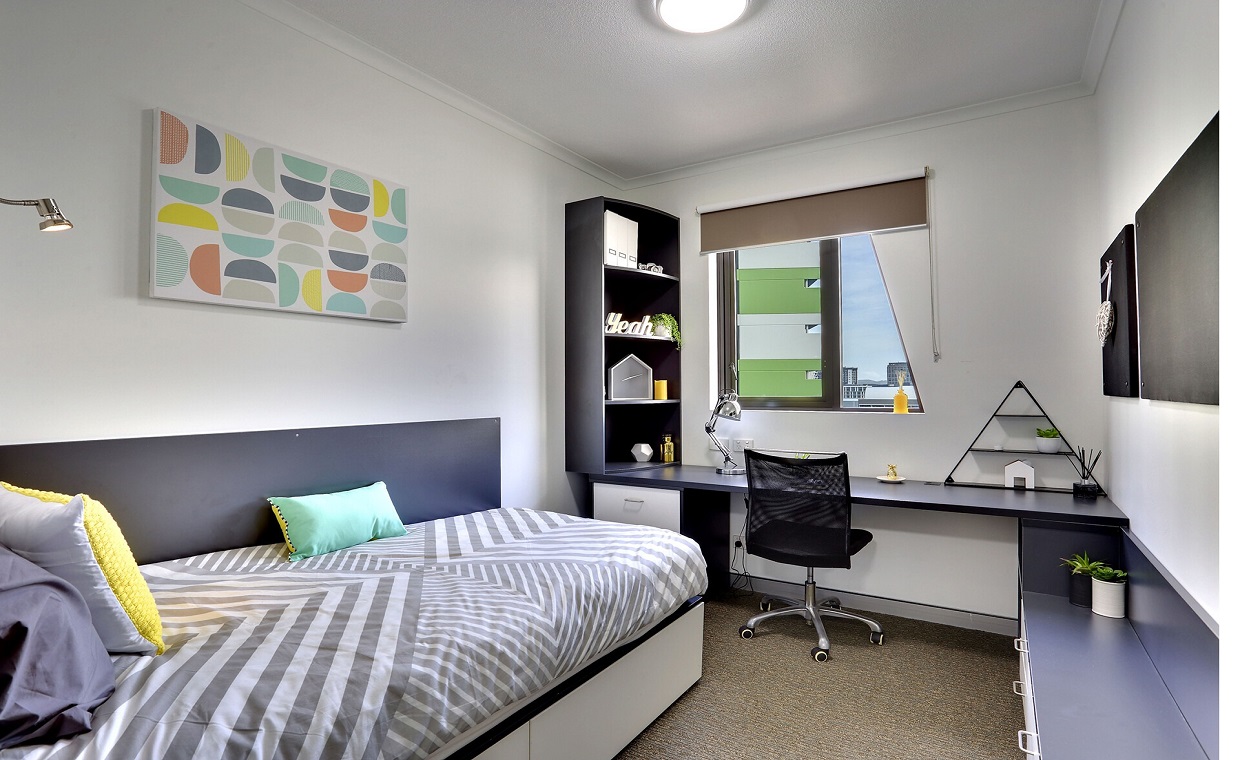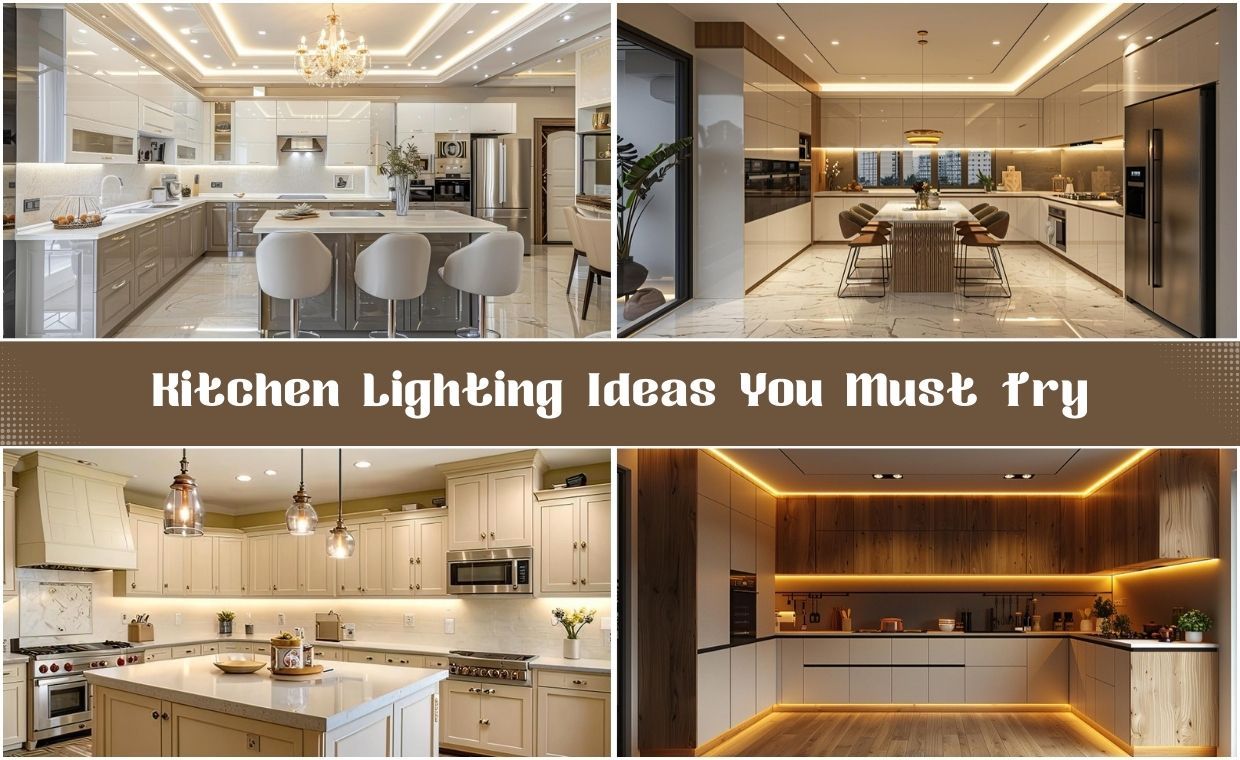
Deciding on the most appropriate window style for replacement in your home can be tough when there are so many options to choose from. Your house design, location (surrounding features), and your personal preferences always plays a role
What are Sliding Windows?
Sliding windows are windows that slide open horizontally along a top and bottom rack. They are common in tight spaces and rooms that require added ventilation. Sliding windows are available in several configurations and styles to suit your open space and preference
Most Canadian homeowners strive to get Ecoline Sliding windows since these units are easy to use and maintain and allow maximum air circulation. But these are just some of the benefits you get when installing new sliders. Want to learn more? Tag along!
Pros of Sliding Windows
- Energy Efficiency: Sliding windows with good quality glazing is very energy efficient and will help to lower your energy cost, saving your money overall.
- Durability: Unlike double-hung windows, sliders do not depend on pulleys or components susceptible to wear and tear. They operate on a simple latch and track build. This helps them last longer than other options. The glazing process also helps to improve durability.
- Ease of use: Slider glass windows are built with a simple, functional design, making them easy to operate and applicable for tight, hard-to-reach spaces like above the sink, stairwells, and hallways.
- Low maintenance: Due to lack of complicated moving parts, the sliding window maintenance requires little to NONE!
Cons of Sliding Windows
- Difficult to clean: A significant disadvantage of sliding windows is that they do not tilt inside for easier cleaning, unlike other window types. Therefore, while cleaning the inside might be easy, cleaning the outside of the window might be a hassle, especially when it is cold out. An easy fix would be to buy a long-handled cleaning tool to clean the outside.
- Security: Sliding windows aren’t built to close as tightly as casement windows. This might be an issue if burglar-proofing is a big deal to you. Finding sliding windows with interlocking rails and installing alarms might resolve this problem.
- Obstruction: Another disadvantage to sliders is the tendency for dirt, dust, and debris to accumulate in the tracks, making it difficult to open and close the windows. Therefore, it is vital to clean and lubricate your windows every once in a while.
Alternatives to Slider Windows & When to Choose Them
If the cons listed above are essential to you, you might want to consider alternatives in casement and hung windows. These units are easier to clean and more energy-efficient than slider windows.
Single-hung windows are designed to be only opened from the bottom, while double-hung windows can be opened from the top or bottom. Double-hung windows can be a lovely way to spruce your home and increase its appeal.
Hung windows, especially double-hung units, are preferred in many homes due to their classic look and simple aesthetic.
Though, all things being equal, they are more expensive than other options. Single-hung windows are cheaper but offer less ventilation.
Casement windows were the earliest type of movable windows and are hinged to the side of the vertically placed sash, allowing them to open outward or inward.
They generally allow for more air circulation and are more energy-efficient than sliding windows. Casement windows are also the most secure type of window as they are only open from the inside.
Making the Final Decision
When choosing replacement windows, it is crucial to research all the possible options beforehand. Your home’s architecture, available space, heating and ventilation needs, and your taste should all be taken into consideration. Also, equally important is the cost, ease of cleaning, maintenance requirements, and mode of operation.
Homestyle: Casement or sliding windows are more suited for modern-style houses, while traditional homes can be fitted with hung or awning windows. Choose a window type that complements your home’s architecture, size, and shape.
Cost: Double-hung windows are a relatively expensive purchase. They might not be the best fit if you’re running on a tight budget. However, if your budget allows it, double-pane windows are well worth the investment.
Space: Kitchen windows should be secure, offer maximum illumination, and be easy to reach and open. Sliding windows with an added latch are excellent for this type of space. Casement windows provide optimal security and are more suited for ground-floor rooms. Double-hung windows may be appropriate for upper floor spaces due to the ease of cleaning.
Material: There are several options available, and it all boils down to your taste. Vinyl, aluminum, and fibreglass are all relatively inexpensive options for your replacement windows. If your budget is a bit on the high end, then wood is also a viable option.
Energy Efficiency: Double pane windows are more energy-efficient and help to keep your bills low while providing added comfort. Slider windows are usually less energy efficient than casement windows due to the space at the meeting point of the sashes.
Conclusion
Sliding windows provide maximal lighting and ventilation. They offer maximum returns with minimal investment. They have their own cons, but these are easily remedied. They can be easily adapted to any house style and room. Therefore, sliding windows are a cost-effective option for your window replacement project and will complement any exterior and design — an excellent choice for many modern residences.
Hope you enjoyed reading this, you may also like to know the
Keep reading the difference between the various types of windows and clear your confusion.
uPVC vs Aluminium Windows
Panelled Window vs Glazed Window































